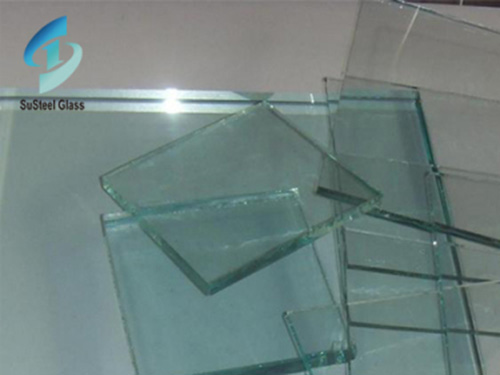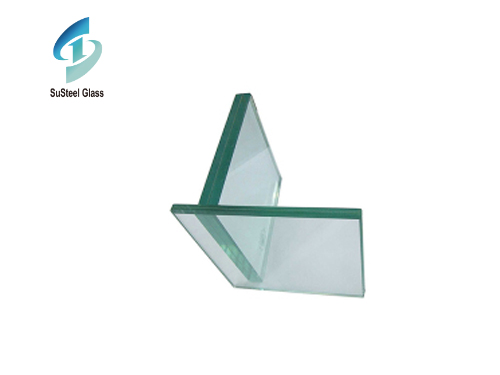Ice textured glass, with its unique visual appeal and versatile applications, has become a sought-after material in contemporary design and architecture. This article delves into the characteristics, manufacturing processes, and diverse applications of
ice textured glass, showcasing its role in enhancing both aesthetics and functionality.
Characteristics of Ice Textured Glass:
Ice textured glass is known for its distinctive appearance, resembling the frost patterns found on a cold winter's day. The surface of the glass features intricate textures that refract light in captivating ways, creating an elegant and ethereal effect. This unique characteristic makes it a popular choice for both interior and exterior design elements.
Manufacturing Process:
The production of ice textured glass involves specialized techniques to achieve the desired texture and appearance. Glass sheets are typically treated with acid or sandblasted to create the textured surface, mimicking the frosty patterns associated with ice. This process not only adds visual interest but also imparts a tactile quality to the glass.
Aesthetic Appeal in Interior Design:
Ice textured glass finds widespread use in interior design, where it adds a touch of sophistication and elegance. Common applications include doors, partitions, and windows. The diffused light that passes through the textured glass creates a soft and ambient atmosphere, making it particularly suitable for spaces like offices, hotels, and residential interiors.
Privacy Solutions:
The textured surface of ice textured glass serves a functional purpose in providing privacy without sacrificing natural light. This makes it an ideal choice for spaces where both aesthetics and privacy are paramount, such as conference rooms, bathrooms, and entryways.
Exterior Applications:
Beyond interiors, ice textured glass is also utilized in exterior architectural elements. It can be incorporated into facades, curtain walls, and outdoor enclosures, adding a layer of visual interest to the building's exterior while maintaining transparency and allowing natural light to filter through.
Customization and Design Variations:
Designers appreciate the customization options available with ice textured glass. The level of texture, pattern complexity, and color variations can be tailored to meet specific design requirements. This versatility allows for the creation of unique and personalized spaces.
Combining with Other Materials:
Ice textured glass can be seamlessly integrated with other materials such as metal, wood, or stone in architectural and interior design projects. This allows for creative combinations that enhance the overall aesthetic impact of the space.
Maintenance and Durability:
Ice textured glass is known for its durability and ease of maintenance. The textured surface helps to hide minor scratches or smudges, and regular cleaning with standard glass cleaners is usually sufficient to maintain its pristine appearance.
Environmental Considerations:
From an environmental standpoint, ice textured glass can contribute to energy efficiency by allowing natural light to penetrate spaces, reducing the need for artificial lighting. Additionally, the recyclability of glass aligns with sustainable design practices.
Conclusion:
Ice textured glass has transcended its functional origins to become a symbol of contemporary design, offering a perfect blend of aesthetics and practicality. Whether used for creating private and serene interiors or enhancing the visual appeal of architectural facades, ice textured glass continues to captivate designers and architects alike, leaving an indelible mark on modern spaces.
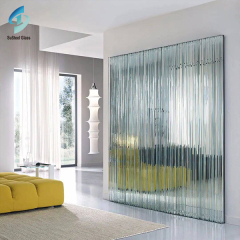


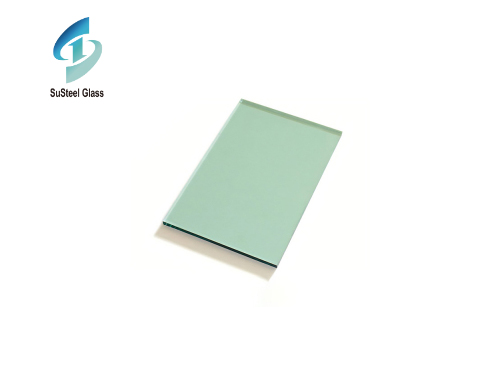 Exploring the World of Green Tinted Glass Products: Versatility and Sustainability
Exploring the World of Green Tinted Glass Products: Versatility and Sustainability
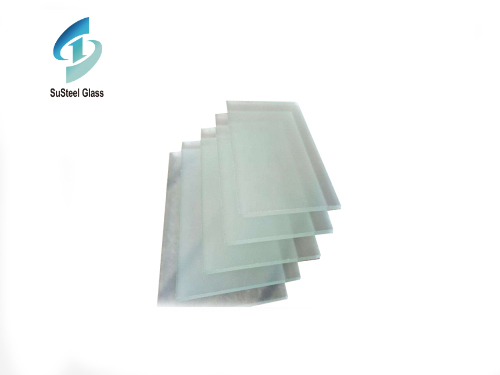 Exploring the Versatility and Elegance of Custom Thick Glass
Exploring the Versatility and Elegance of Custom Thick Glass


